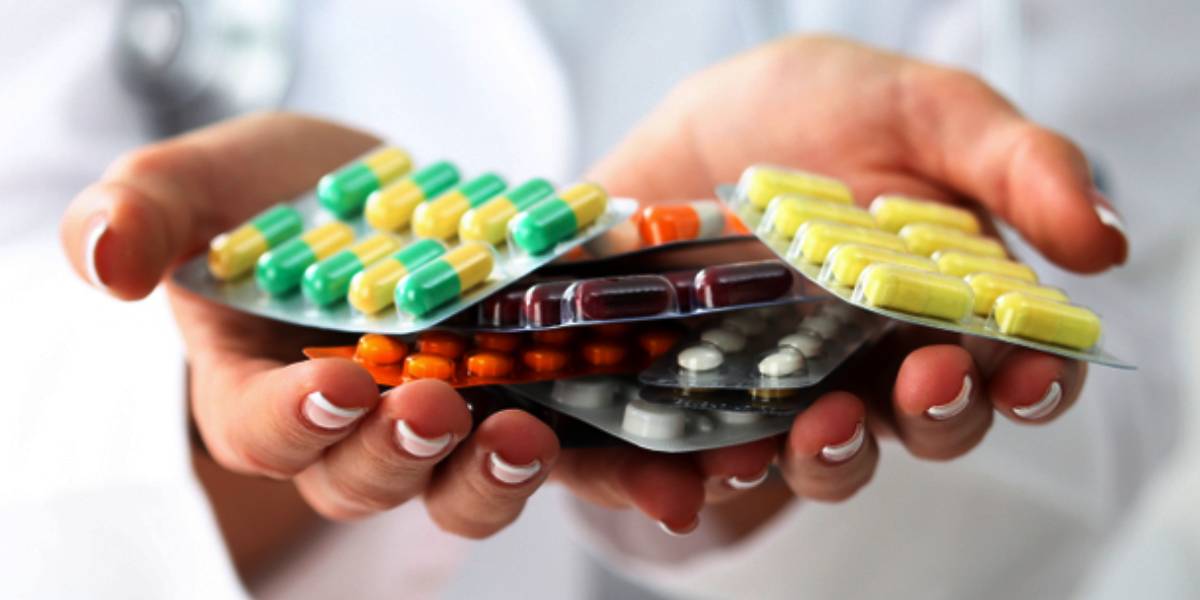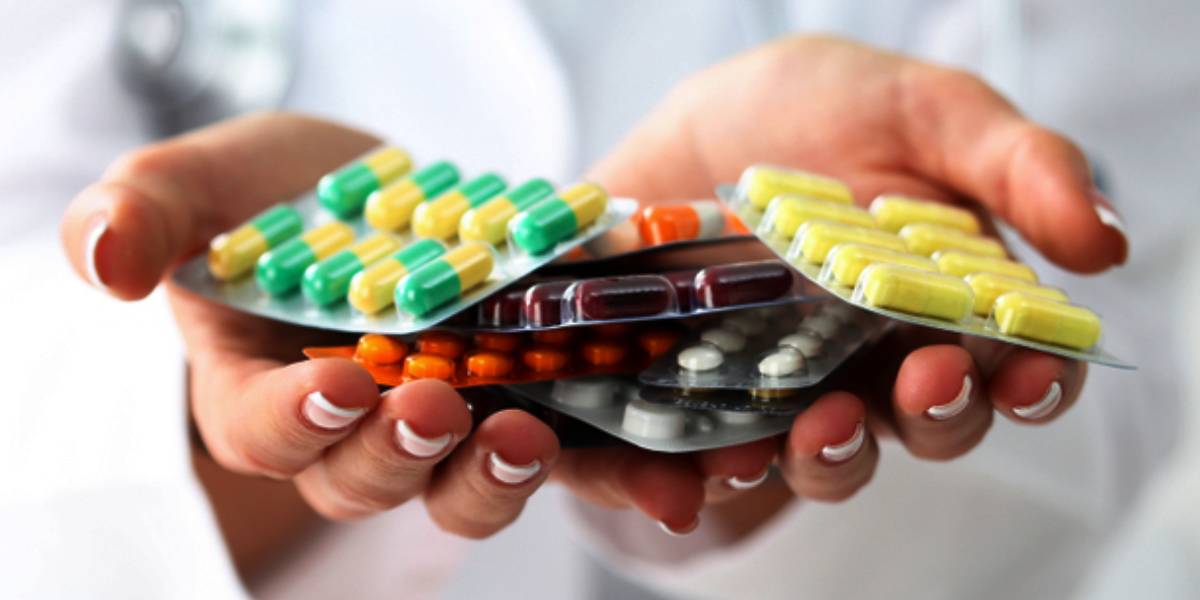Minister George highlighted that strict enforcement of the rule mandating a doctor’s prescription for antibiotic sales has already led to a 20 to 30 percent reduction in antibiotic consumption across the state.
![]()
Published May 09, 2025 | 6:00 AM ⚊ Updated May 09, 2025 | 6:00 AM

Approximately 57 percent of prescribed antibiotics in India belong to a group of drugs highly susceptible to antimicrobial resistance(AMR). (Shutterstock)
Synopsis: The Kerala government has suspended 450 pharmacy licences and cancelled five more in a crackdown on the misuse of antibiotics. The move is part of the state’s Antimicrobial Resistance Strategic Action Plan. Health Minister Veena George said stricter rules on prescriptions have already cut unnecessary antibiotic use by up to 30 percent.
In a move to combat the growing concern and threat of antimicrobial resistance (AMR), the Kerala government has suspended the licences of 450 pharmacies and cancelled licences of five more as part of its intensified crackdown on the misuse and overuse of antibiotics.
The measures were announced by Health Minister Veena George following a high-level review meeting in the state capital on Thursday, 8 May.
The meeting was attended by Chief Minister’s Scientific Advisor Dr MC Dattan, Additional Chief Secretary (Health), and other senior health department officials.
The action is part of Kerala’s ambitious Antimicrobial Resistance Strategic Action Plan (KARSAP), aimed at making the state a national leader in AMR prevention.
Minister George highlighted that strict enforcement of the rule mandating a doctor’s prescription for antibiotic sales has already led to a 20 to 30 percent reduction in antibiotic consumption across the state.
“Not only have we succeeded in bringing down the overall use of antibiotics, but we have also ensured that the antibiotics being used are relatively less hazardous,” she said.
In a first-of-its-kind initiative in India, all hospitals in the state will adopt a colour-coding system within three months to become ‘antibiotic smart hospitals’.
Under this system, antibiotics sold through pharmacies must be dispensed in blue-coloured covers to help track and limit their use, enhancing accountability and public awareness.
Also Read: What is antimicrobial resistance? Which is touted as the silent pandemic by doctors
AMR surveillance on food products
The meeting also approved steps to bolster AMR surveillance in food products, including intensified testing of milk, meat and fish for antibiotic residues.
Instructions have been issued to reduce antibiotic content in cattle and poultry feed as well.
Local self-government bodies will be roped in to develop micro-plans to make their jurisdictions ‘antibiotic-smart’, and the private healthcare sector will play a larger role in the initiative with the support of professional bodies like the Indian Medical Association (IMA), Association of Physicians of India (API), Indian Academy of Pediatrics (IAP), and Clinical Infectious Diseases Society (CIDS).
Minister George also announced that Kerala’s ongoing awareness campaign – which has seen health workers visiting over four lakh households – will be further intensified.
“Our goal is to make Kerala antibiotic literate by December this year,” she said.
Other key decisions from the meeting include the statewide expansion of Ernakulam district’s successful Hub and Spoke model for district-level antibiograms, and the extension of the nPROUD initiative – which ensures scientific disposal of expired and unused medicines – from Kozhikode to the entire state.
Kerala now has AMR labs in all districts, up from just one in 2018, testing around 10,000 samples monthly from 185 spoke hospitals.
It remains the only state in India conducting AMR surveillance at both primary and secondary healthcare levels, with its Kerala Antimicrobial Resistance Surveillance Network (KARS-NET) now active in 59 tertiary hospitals.
The Centre for Science and Environment (CSE) recently praised Kerala as a national model in AMR awareness and responsible antibiotic use.
(Edited by Dese Gowda)


